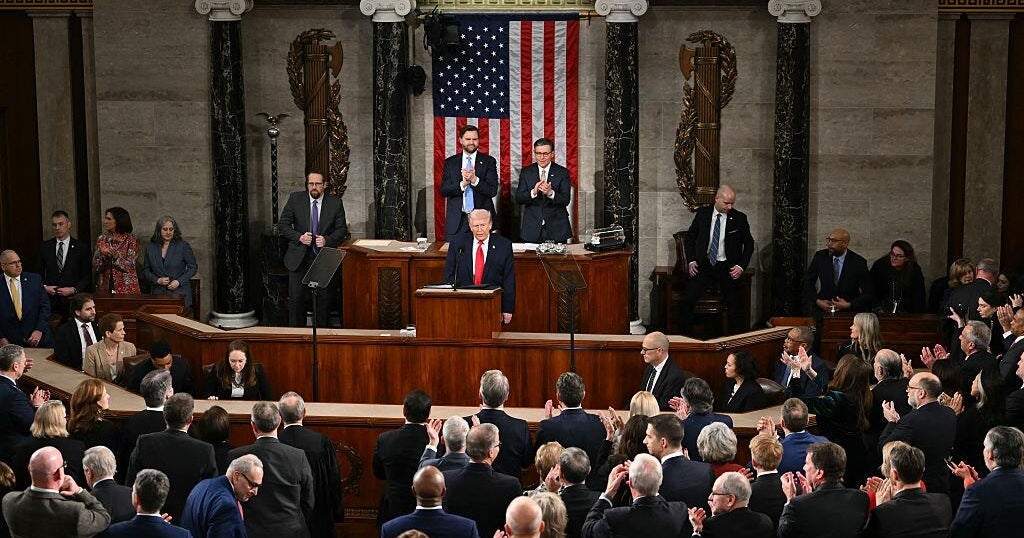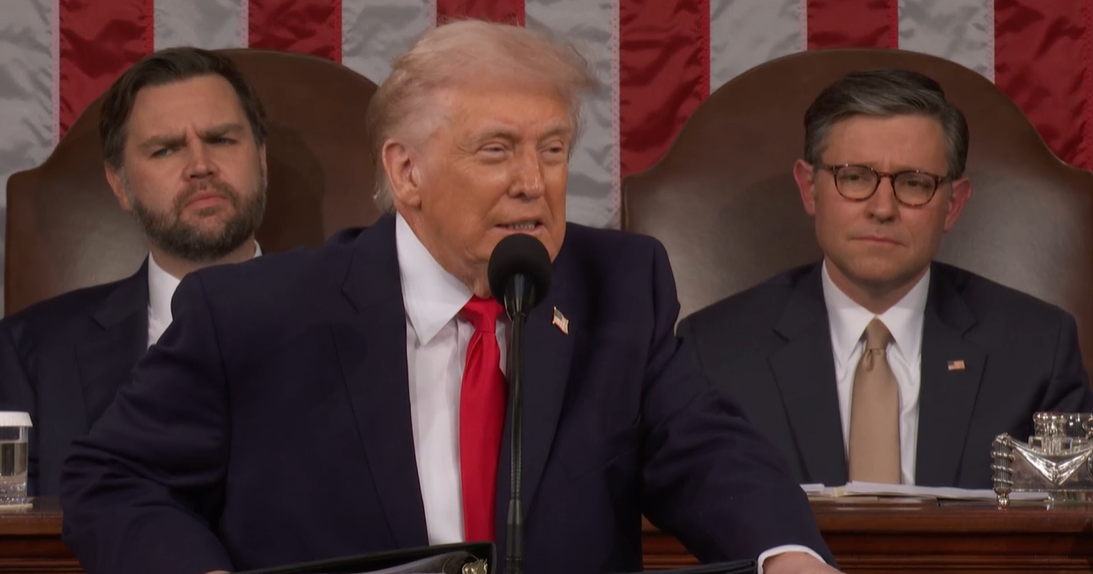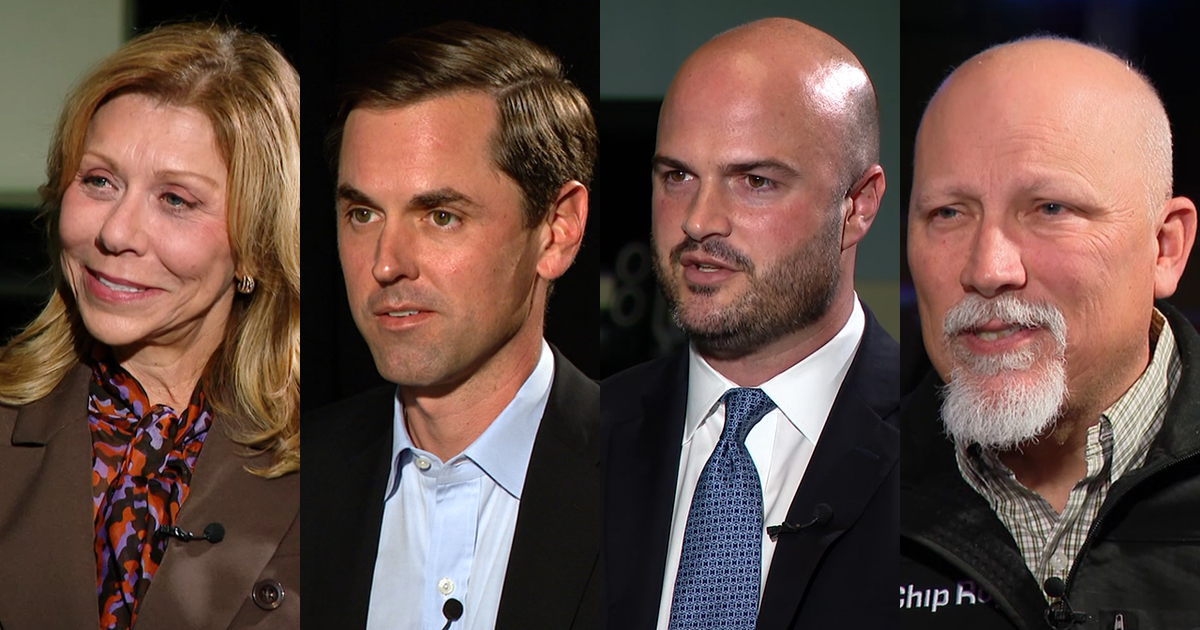Supreme Court rules for Texas death row inmate in religious rights case
Washington — The Supreme Court on Thursday ruled in favor of a Texas death row inmate whose request to have his pastor lay hands on him and audibly pray during his execution was denied, a decision in support of the rights of inmates who seek to have their spiritual advisers with them in the execution chamber as they are put to death.
The court ruled 8-1 that the inmate, John Henry Ramirez, is likely to succeed on the merits of his claims that Texas's restrictions on religious touch and audible prayer in the execution chamber violate federal law. Justice Clarence Thomas was the lone dissenter, writing he would have dismissed Ramirez's claim because he did not exhaust the administrative remedies available before filing his suit.
Chief Justice John Roberts delivered the opinion for the majority, writing that Ramirez is likely to suffer irreparable harm without injunctive relief "because he will be unable to engage in protected religious exercise in the final moments of his life" and "it is possible to accommodate Ramirez's sincere religious beliefs without delaying or impeding his execution." Texas, the court said, must grant Ramirez's request to have his pastor lay hands on him and pray out loud during his execution.
But Thomas said that with its decision, the majority is affording the inmate "yet another chance for him to delay his execution."
The case brought by Ramirez against officials with the Texas Department of Criminal Justice arrived at the Supreme Court through an emergency request he filed in late September, in which he asked the court to halt his execution and consider his case on the merits. The high court agreed to do so and swiftly scheduled oral arguments in the case, which they heard in early November.
Ramirez was sentenced to death by a Texas jury after he was convicted for murdering Pablo Castro, a father of nine, in Nueces County, Texas, in 2004. Ramirez beat and stabbed Castro 29 times, and took off with the $1.25 Castro had on him, according to Texas officials.
After proceedings related to his conviction and aspects of his execution, Texas officials scheduled Ramirez's execution for early September 2021, for which he requested the state allow his long-time pastor, Dana Moore, accompany him in the execution chamber.
Moore has ministered to Ramirez in his Texas prison since 2016, when he became a member of the Second Baptist Church, the congregation led by Moore, according to briefs filed with the court.
Texas denied the request, as it barred all spiritual advisers from entering the execution chamber, but then reversed its decision and changed its execution protocol to allow an inmate's spiritual adviser to be in the execution chamber. Ramirez then filed a prison grievance asking for his pastor to audibly pray and lay hands on him during the execution.
Texas rejected that request in July 2021, stating spiritual advisers are not permitted to touch an inmate in the execution chamber.
Ramirez eventually challenged the refusal by Texas officials in federal district court in August, alleging the refusal by prison officials to have Moore lay hands on him and pray audibly violated his rights under the Religious Land Use and Institutionalized Persons Act of 2000. He is not challenging his conviction or his sentence.
The lower courts ruled against Ramirez and declined to halt his execution, after which the Supreme Court stepped in and heard arguments on an expedited basis.
Ramirez's case marked the latest brought by other death row inmates and state officials who over the last few years have asked the Supreme Court to step into disputes over the presence of personal spiritual advisers in the execution chamber.
In February 2019, a divided high court allowed Alabama to execute a Muslim man whose request to have an imam with him was rejected by the state. But one month later, the Supreme Court halted the execution of a Texas inmate who requested a Buddhist spiritual adviser in the execution chamber, but whose request was denied because the state did not have Buddhist chaplains.
Most recently, in February 2021, the Supreme Court blocked the execution of Alabama inmate Willie Smith after a lower court required the state to honor his request to have his pastor with him as he dies. Smith was executed in October for a 1991 murder, with his pastor in the execution chamber, praying with him.
Texas previously allowed spiritual advisers in the execution chamber, according to court filings, but in April 2019, the state Department of Criminal Justice changed its policy to ban them entirely. Then, in April 2021, the state again revised its procedure to permit an inmate to request a state-employed chaplain or personal spiritual adviser to be present in the execution chamber.




